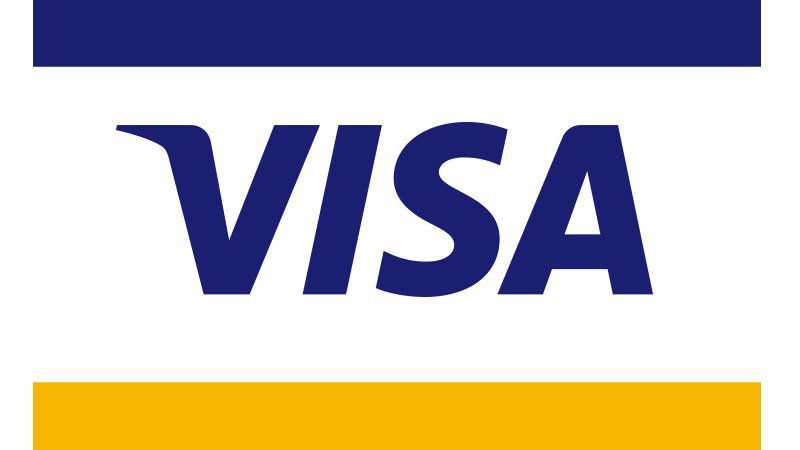Terence Brian Garvey Attorney At Law
Tax Law - IRS Levy, Wage Garnishment, Offer in Compromise
Stop Wage Garnishments With An Experienced Tax Lawyer in Gaithersburg, MD
Ever been behind on your taxes? Ever had your taxes audited? Need to stop Wage Garnishments? The process can be daunting, but Mr. Garvey can help you! He has helped clients handle their wage and tax problems successfully for two decades. He specializes in IRS levy, IRS Wage garnishments, Offers in Compromise, seizures, liens and installment agreements.
Chances are if you owe the IRS back taxes you may have already been subject to levy, wage garnishment, seizures or liens on your assets. Your immediate action is to stop the wage garnishment or levy. The long term plan would be to work on Offer in Compromise, installment agreement or other tax resolution. Mr. Garvey represents individuals and business' against the IRS to arrive at a solution.
What is an Offer in Compromise?
An IRS Offer in Compromise is an agreement between a taxpayer and the IRS that resolves the taxpayer's tax debt. The IRS has the authority to settle, or "compromise," federal tax liabilities by accepting less than full payment under certain circumstances. A tax debt can be legally compromised by way of an Offer in Compromise for one of the following reasons:
- Doubt as to Liability - Doubt exists that the assessed tax is correct.
- Doubt as to Collectability - Doubt exists that you could ever pay the full amount of tax owed.
- Effective Tax Administration - There is no doubt the tax is correct, and no doubt that the amount owed could be collected, but an exceptional circumstance exists that allows the IRS to consider a taxpayer's Offer in Compromise. To be eligible for an Offer in Compromise on this basis, the taxpayer must demonstrate that collection of the tax would create an economic hardship or would be unfair and inequitable.
IRS Levy/IRS Wage Garnishment
The Internal Revenue Code authorizes the Internal Revenue Service (IRS) to collect taxes by levy upon a taxpayer's property or rights to property if the taxpayer neglects or refuses to pay the tax within 10 days after receiving a notice and demand to pay the tax. The IRS can levy a taxpayer's salary and wages, bank accounts or other money that is owed to the taxpayer. An IRS levy on your bank account or an IRS wage garnishment can result in economic hardship. It can render you unable to pay critical business and personal expenses. Attorney Garvey can help clients in several ways, including:
- Helping clients understand the legal process
- Negotiating with creditors to reach a settlement or payment plan that avoids wage garnishment.
- Challenging the garnishment that could lead to the garnishment being overturned.
- Providing legal representation






